Display this set of science vocabulary posters in your classroom when teaching about weathering, erosion and deposition.
Earth Science Vocabulary
In 4th and 5th grade, students may be learning about different topics such as soil, changes in weather, the water cycle and renewable/nonrenewable resources. Another big topic that may be a bit new for them is understanding how Earth’s surface changes slowly over time – otherwise known as weathering, erosion and deposition! Let’s take a quick look at the meaning of these three terms so you can easily break them down for your students.
What Is Weathering?
Picture yourself having a large and sturdy rock that has been exposed to the elements for a long period of time. Gradually, natural factors such as the sun, wind, rain and even small plants can begin to change the rock’s composition. These factors may cause the rock to crack, break or erode slowly. This process is called weathering, where rocks and other materials break down and undergo changes due to external factors.
What Is Erosion?
Erosion is a natural process that occurs when forces such as water, wind or ice gradually move portions of the Earth’s surface. Consider how a river can create a valley or how wind can transport small sand particles from one location to another. This is what erosion does – it slowly changes the shape of things over an extended period of time.
What Is Deposition?
Deposition is when wind, water or ice stop carrying pieces of Earth’s surface and leave these pieces in a new location. Deposition takes a long time, but it’s how things like sand dunes, riverbanks and rocks are created. It’s as if nature takes a break and leaves things behind to build and create.
4th Grade Science Vocabulary Words for the Classroom
Teach Starter has designed a beautiful set of 18 vocabulary posters you can use in your classroom today. The words chosen for this poster pack cover areas typically addressed with 4th and 5th-grade students. These mini-posters are formatted to print two words per page and include a picture and definition of each term.
The vocabulary terms included in this poster pack are:
| chemical weathering | mechanical weathering | biological weathering | erosion | oxidation | sediment |
| deposition | abrasion | glacier | river delta | sand dune | barrier island |
| meander | rocks | ice wedging | landform | canyon | acid rain |
How to Get Your Weathering and Erosion Vocabulary Posters
Are you ready to use these colorful posters in your classroom? Head on over to the green download button! Here, you will find a quick-print PDF document and the editable Google Slides version of this resource. If you select the Google Slides option, you will first be prompted to make a copy of the resource to your personal drive before accessing it.
Consider printing the posters on cardboard and laminating them for durability. This will ensure they stay in tact for many years to come!
More Resources for Your Weathering and Erosion Lesson Plans!
Don’t stop there! We’ve got more activities and resources that cut down on lesson planning time:
[resource:5010670] [resource:5010800] [resource:4998190]
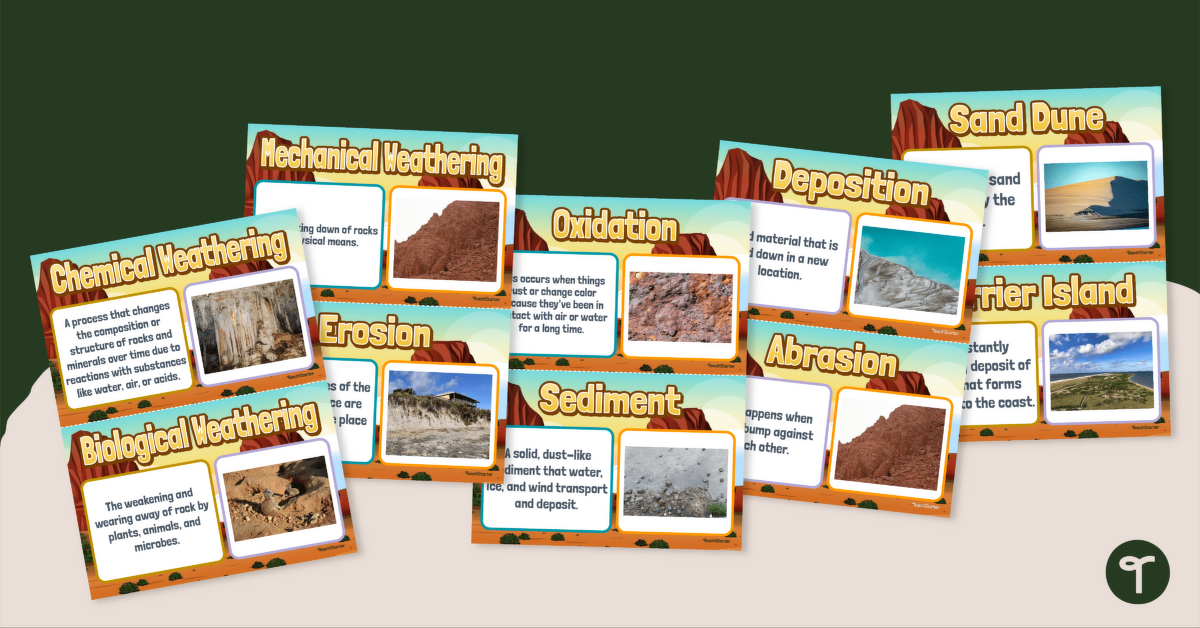

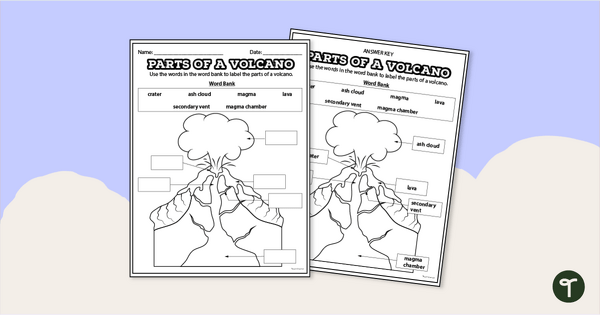
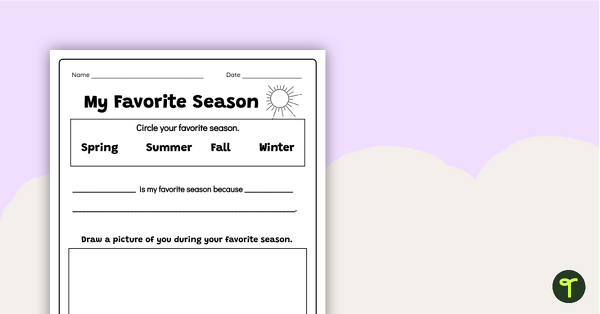
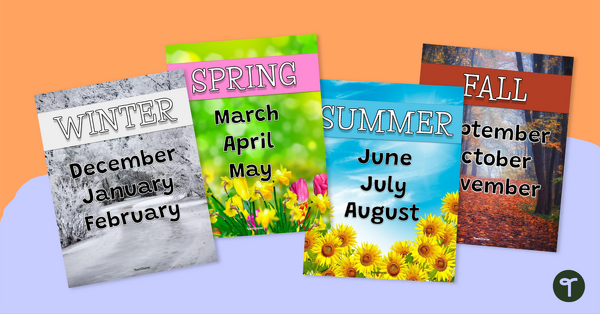
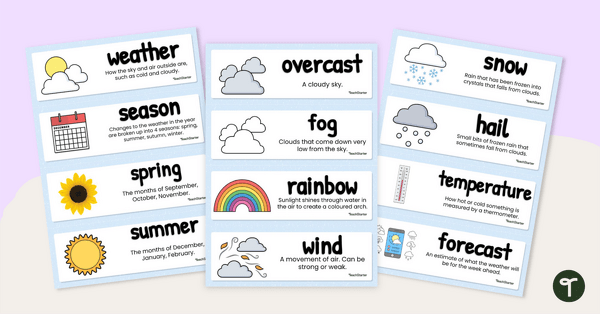
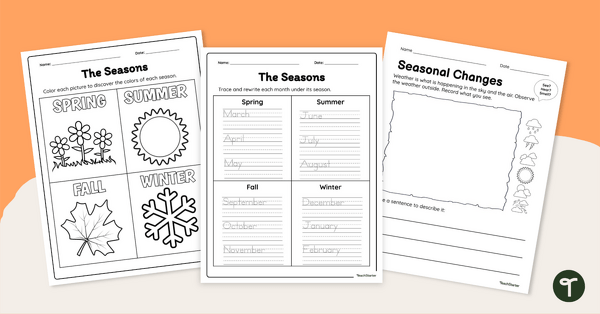
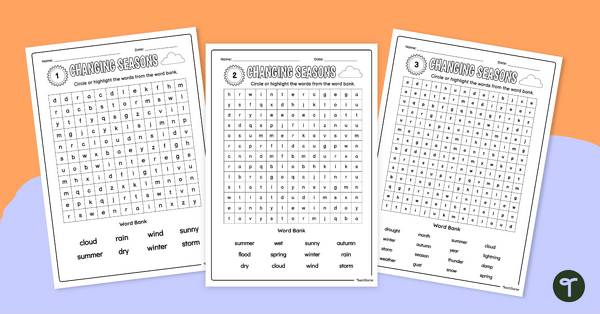
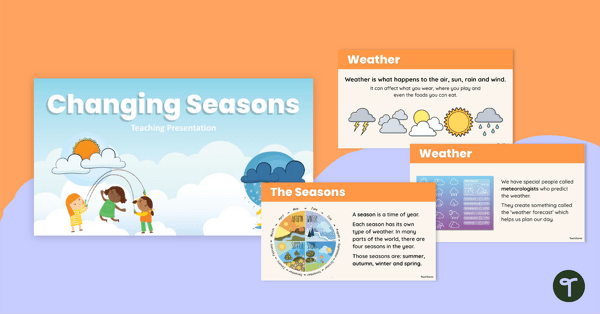
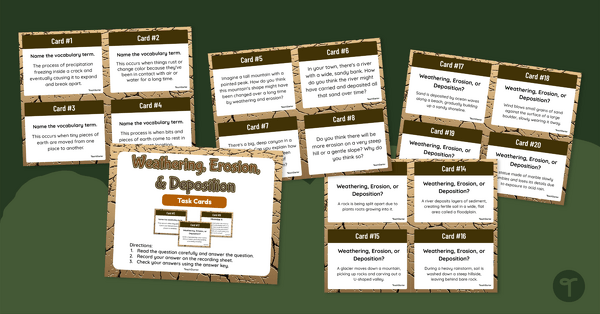
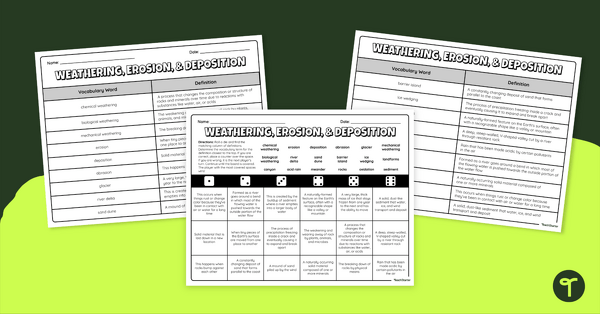
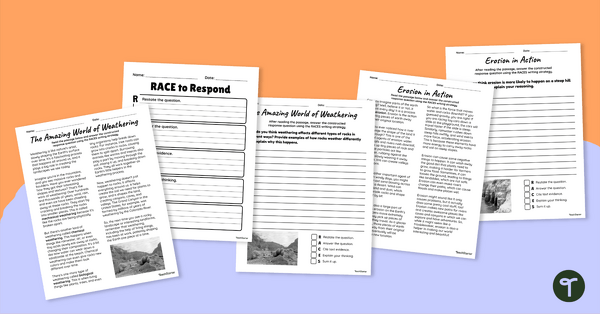
0 Comments
Write a review to help other teachers and parents like yourself. If you'd like to request a change to this resource, or report an error, select the corresponding tab above.